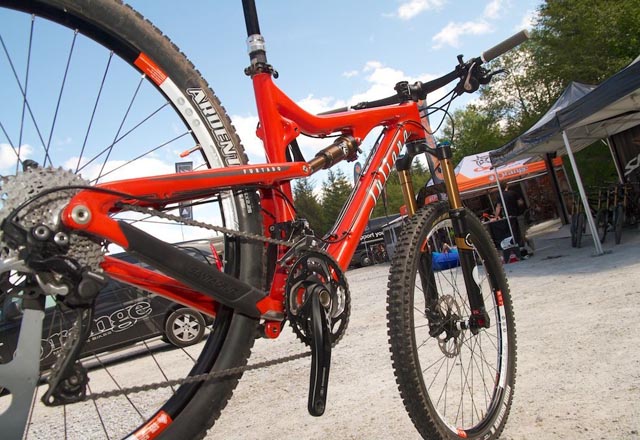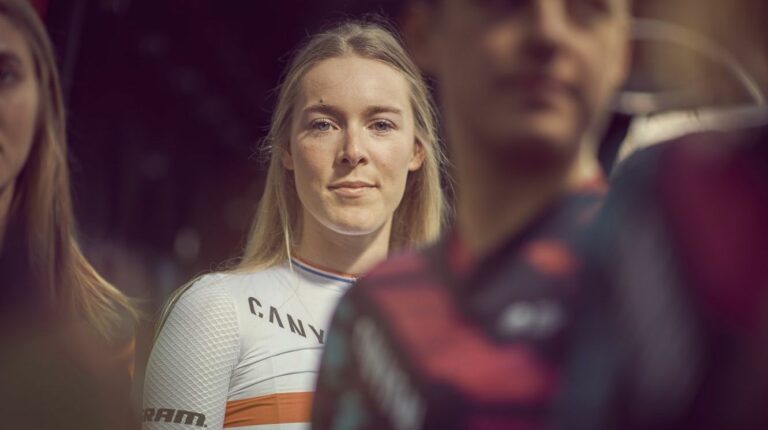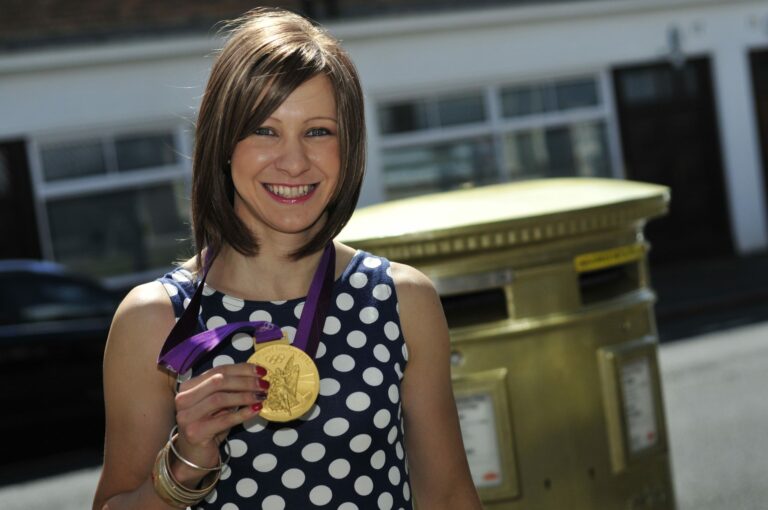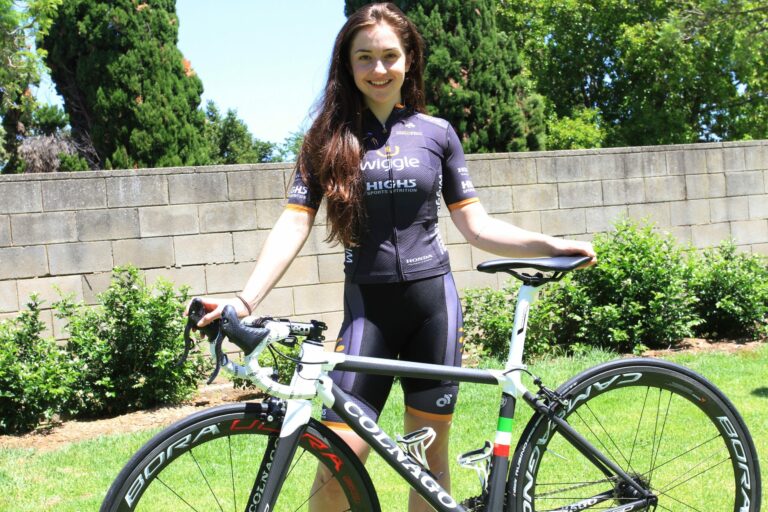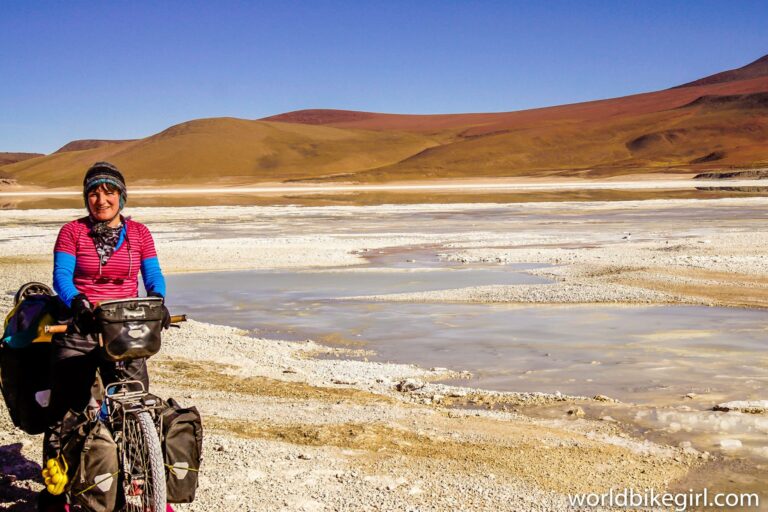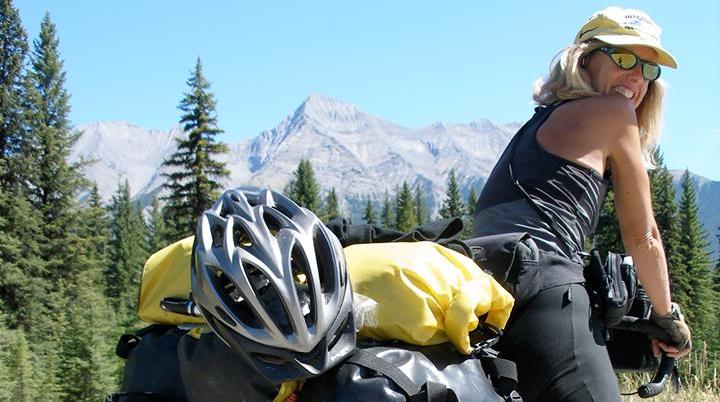Juli Furtado is a mountain biking legend. Known as ‘The Queen’, she was one of the sports pioneer, winning the first ever MTB World Championships, and competing in the Atlanta Olympics. Then it all changed.
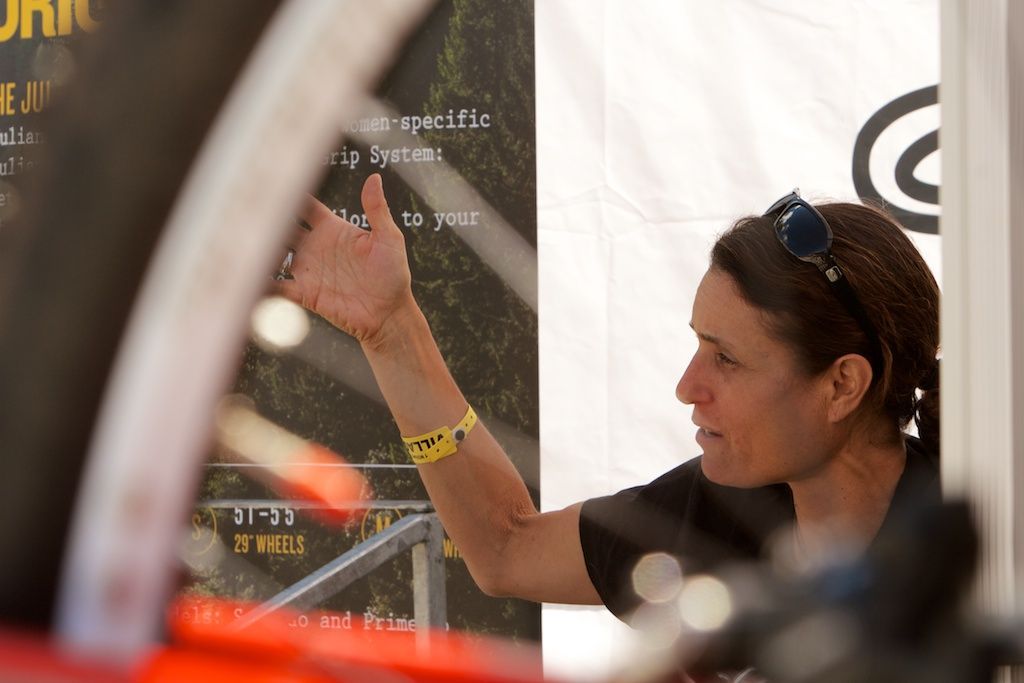
I came from a ski racing background, but retired from that and started road racing. I actually won road nationals, then made the switch to mountain biking. I think it was primarily just to get into the mountains. I love being in the mountains, and Boulder where I was studying was a very cycling centred place.
I started racing and it went really well.
I won road nationals, and collegiate races, and once I made the switch to mountain biking at the end of the first season I won the first MTB World Championships at Durango.
I graduated college and luckily mountain biking was emerging so it turned into a career. I went on to have three overall World Cup titles for cross country. These were the most important to me because it was for the whole season overall. I won downhill worlds but I didn’t focus on them – I did like one race a year – and five national titles, and went to the Olympics… Yeah, I did well.
I was so lucky because, as opposed to road racing in Europe, we started in this sport at the same time, both men and women. I always felt on equal ground. We had the same prize money. I also had a streak where one year I didn’t lose a race all year, so I got a lot of press. That’s what its all about, exposure, right? So I was able to get paid as much as the men, and I never faced any kind of gender discrimination.
I also knew that I was representing women as a whole, ‘cos I was winning a lot. Men and women raced the same course, and I knew they always compared my times to the men. So even if I was winning by quite a bit I would still push myself as I felt that I was representing females as a whole. That was a big thing for me.
When I was selected for the Olympics, I got a lot of media attention, because at that time I was favoured, and it was in Atlanta, and it was the first time in the States. You don’t see that anymore.
It seems like its much more about freeriding now, and maybe the women don’t get as much attention any more. I think we were there at a magical time. It was very popular.
I started not feeling great at the end of ’95, but I’d come off of three world cup titles. Once I started racing well I usually did well all summer. The Olympics were coming up that summer and I was getting a lot of coverage. In the US, women were on prime time TV – ‘cos in America its all about the story. But I struggled in the spring, which was so not like me. I was stopping races, and then next week I’d do well.
My last Olympic qualifying race was on the Olympic course and I won by a ton, and I thought ‘Okay, I’m doing well’ – but it was awful. Usually, in the scheme of things you just ebb and flow. So I was just thought ‘you know what, I’m having a horrible season’. Unprecedentedly horrible. Actually, people thought I was doing it to peak for the Olympics, but I knew I was struggling. So by the time the Olympics came, I knew I was absolutely a lost cause. It was really hard.
I was representing the US, everyone is thinking I’m going to win, there’s 40 thousand people there… It was just terrible. I wanted to stop the race and crawl into a hole.
I didn’t really race after that, and it was that fall that they said there is something wrong with you. It took a while as it’s hard to recognise, but I got diagnosed with Lupus that spring in ’97. I thought that I could still race, but it because clear that that was wasn’t going to happen.
I retired at the end of ’97.
I am pretty hard on myself. I came from a ski racing background so I wasn’t your typical bike racer. I didn’t inherently love to suffer. Because I didn’t like excuses, I felt like I was giving up, even though one week I’d be fine and win, and the next I’d be taking a nap on the side of the course. That was already in my psyche.
Getting 9th in the Olympics was crushing. The Olympics was always my dream. After getting diagnosed it was good be like ‘yeah, okay there was something going on’ but still the feelings of that summer, and how hard it was, lingered.
It was hard to have to retire. I really actually had a very short career, only 4 or 5 years. I was happy to have utilised the most of my talent, though. I’d wanted it for longer and I wished I’d gotten sick a year later, but whatever; you don’t have control over that.
I moved from Durango, Colarado to Santa Cruz cos it was different and I couldn’t be Juli, right? I’d had a lot of success ski racing and had to quit that because of my knees, so I already knew how hard it was to quit something you thought was your destiny.
In cycling I was always thinking ‘I’m gonna leave on my terms, I don’t wanna lag, I’m going to go out on top. I want to have what’s next set up’. I couldn’t do that, and that was the hardest thing for me. I was so unprepared. At first I was like ‘I’ve achieved all I want, and I don’t need to achieve any more’, and then I’d think
‘I’m 29! Normal people don’t retire at 29’
My whole life has been so surreal because I did have so much success. You see people caught up in that. You hear all these accolades, and when you are around that all the time it shapes you differently from normal people. You feel like anything is possible. It’s hard to explain but I needed to come down off that.
I was a news announcer for radio. I was terrible but I loved the news so I thought, I can do this. And I went to Africa on safari. I interviewed homeless people. I just became much more me. I had to take that time away from me, and that focus on me as the racer.
When I moved to Santa Cruz, I had a friend who was a part-owner of Santa Cruz bikes. I had the idea for the Santa Cruz Juliana and they bought into it. It was the first women’s specific bike.
Juli has been working on Juliana Bicycles, a brand new range of womens-specific mountain bikes. Find out how the range came to be, what the bikes are like and where to find them.
To whet your appetite here’s a taster of things to come from Juliana bicycles.
